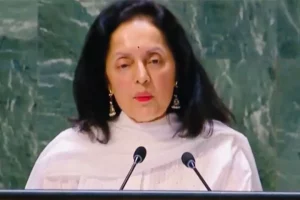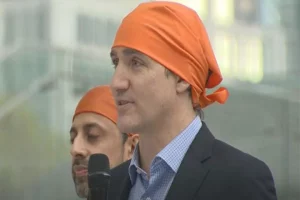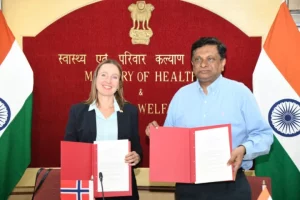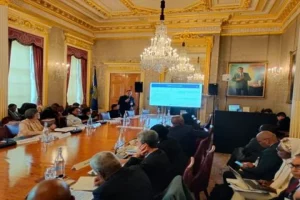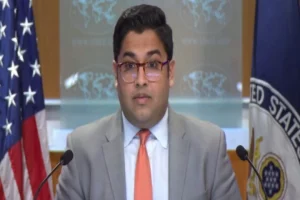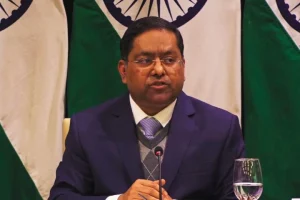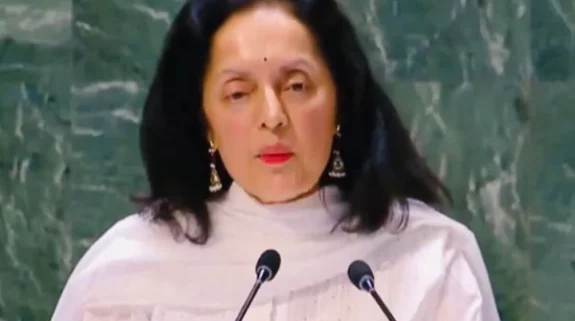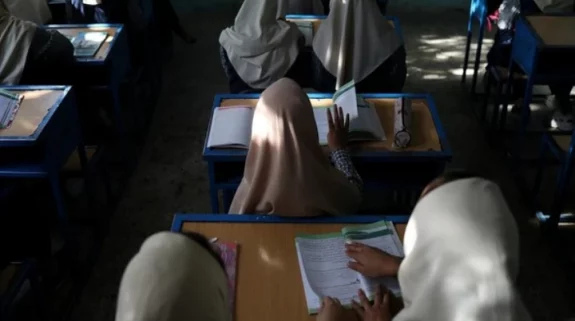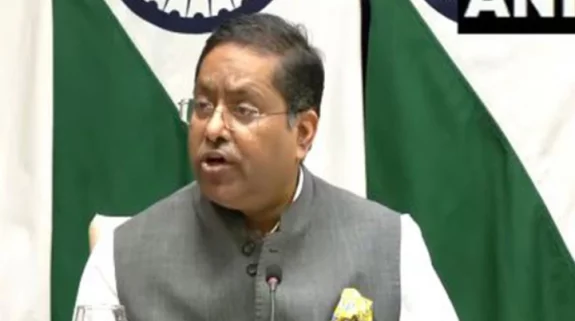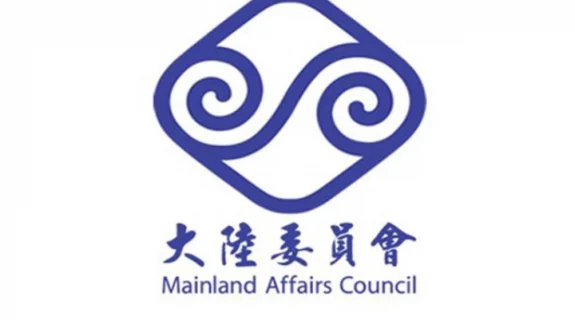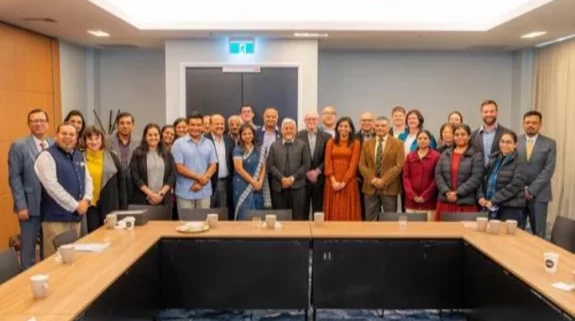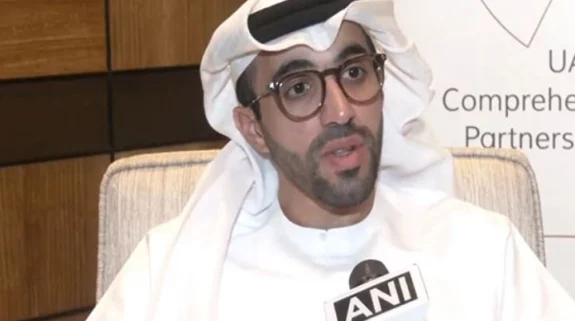Amid changing geopolitical and geoeconomics contours, global trade patterns are taking a shift. Will China, the factory of the world, continue to be the main supplier of goods across or will post Covid phase throw up other alternatives? More importantly, how will the India-China economic and trade relations shape up in the post-Covid, post-Galwan phase? India Narrative caught up with BJP’s national spokesman Gopal Krishna Agarwal to discuss a few of these issues. An excerpt.
What is the likely immediate to medium term future of bilateral trade ties between India and China?
GKA: The problem with bilateral trade with China is not only trade deficit but also its composition that hurts India’s interest. What we export is basically raw materials, iron and steel etc., and our imports is mainly consumables like telephone, TV, electricals etc. To manage trade deficit, we need to increase our component of agriculture produce export. Over the years China has made inroads into our many supply chains and has hurt manufacturing sector to a very large extent. Our domestic manufacturers have become traders, importing from China and selling in India. Even our global supply chain has also seen more and more dependence on Chinese supply, as in the case of active pharmaceutical ingredients [API’s] supply for our pharmaceutical sector’s generic medicine exports.
India formulated a number of policies in the aftermath of the clash at Galwan last year with a specific aim of restricting investments and imports from China. Was that a prudent strategy and do you think they have worked?
GKA: Temporary measures taken post Galwan have helped to an extent. Our imports have slightly come down between 2019-20 and 2020-21, but exports have increased significantly during the same, but the base for exports being small, impact on deficit has not been quite significant. Though these steps have brought awareness to the impending problems amongst the policy makers and the public, but much more needs to be done at policy level.
How important is it for India to become less dependent on China and what steps should be taken in future to make that happen?
GKA: A course correction in the form of policy initiatives and planning is required to correct our composition of trade with China in addition to the problem of trade deficit alone. China is also open to this problem of composition of trade.
We have a very significant trade deficit with China which is a contrast with the US where we enjoy a surplus. What is an ideal deficit target that we should aim for?
GKA: There can be no ideal deficit targets, but composition is significant. We urgently need to enter into bilateral trade agreements with Europe and United States, any further delay will push us behind countries like Bangladesh and some other South East Asian countries like Indonesia. And focus on some of the US and European manufacturing facilities shifting to India from China, and is likely also, our interests will be served better.
India is particularly dependent on electronics and machines from China, which shows up in the import data as well. How easy would it be for India to reduce its dependence on these high technology categories? Do the PLI schemes offer enough and will they help in bridging this gap?
GKA: Production linked incentive [PLI] will surely help improve our dependence on Chinese imports. PLI has potential to support those consumer manufacturing products, which are basically imported from China.
From a consumer standpoint we saw a huge backlash in the middle of last year but since then some companies with Chinese origins in industries like smartphones and TVs for example have reclaimed their positions. Has the anti-China sentiment waned?
GKA: If you look for connect between Indian and Chinese people, there is a positivity as far as culture and tourism are concerned. Buddhism is also a strong bond between two nations. But the Chinese government’s policies are hostile to Indian interests. China basically wants to disconnect economic relations from geopolitical considerations, but both are intertwined. Indian government also has serious considerations for this bilateral trade deficit and its composition being largely detrimental to Indian interest. Our government is continuously looking towards course correction. We cannot segregate border skirmish and our economic considerations.
Lastly, how independent can India be from China for its own good? Do we need to learn to live with the dragon given that China is the factory to the world?
GKA: India is aware that our bilateral trade component with China is high in our total global trade, but as far as China, its Indian component is not significant compared to its total trade, therefore there are limitation to leveraging our position. India having a big domestic market and capability of competing China in attracting global manufacturing facilities is quite significant. In the post Covid economic scenario, globally there is a perception, of shifting manufacturing outside China, as a risk diversification strategy. India being a democracy, having independent judiciary and media, brings more comfort to global players as an alternative. This brings in an added opportunity for attracting foreign green field projects to India. Initiatives such as PLI, new Logistics and Industrial Policy are helping in this direction. Efforts of some state governments, like Uttar Pradesh are also bringing positive results.
Much more needs to be done on the issue of forming land banks and land reforms, water, air, surface transport and railway connectivity, fast tracking, setting of district commercial courts and urgent notification of four Labour Codes etc. are the case in point.
Also read: Amid changing geopolitical order, India must expedite trade pacts
Also read: E-comm giant Alibaba commits 100 bn yuan to support Xi’s ‘common prosperity’ drive







